The views expressed in our content reflect individual perspectives and do not represent the authoritative views of the Baha'i Faith.
Anyone well-acquainted with the Baha’i teachings knows that the concept of capacity-building has become a big deal in the Baha’i world.
Baha’is understand that the traditional notion of power, conceived as advantage or dominance, doesn’t work any longer. In its place people are seeking out methods to realize human potential and mobilize those capabilities to make a positive impact. The Universal House of Justice, the international governing council of the Baha’i Faith, writes:
Power is not a finite entity which is to be “seized” and “jealously guarded”; it constitutes a limitless capacity to transform that resides in the human race as a body. – Message to the Baha’is of Iran, 2 March 2013.
Competitive “power-against” others often turns counterproductive and ruinous. Cooperative “power-for” provides the key to improving our communities, ourselves, and the wider world. With these concepts in mind, the attention of the Baha’i world has naturally focused on assisting more individuals to contribute to positive activities happening in their communities. In turn, Baha’is have come to strongly associate capacity-building with the raising up of human resources.
Many feel that if given enough time to develop and gather momentum, the process informed by this approach to religion and its impact on society will bring unimaginable improvements to the life of humanity. However, mindfulness of a few insights from the Baha’i teachings can help ensure that such a movement results in the spiritual upliftment of individuals and communities, and does not devolve into activity pursued merely for its own sake.
Capacity isn’t just about the technical or organizational ability to do things. It is also a manner of presenting oneself to God. It’s about purifying and simplifying our inner life to make space for the influence of the Holy Spirit.
On 26 May 1912 Abdu’l-Baha gave a remarkable talk in New York City. He began by discussing the meaning of the nearness of God. After that, he referred to capacity and readiness. His ideas are tightly woven and deeply interconnected. That makes it hard to pull quotes from it that capture the gist of the whole. Here, you can read the whole thing for yourself. Nonetheless, I think the following passages from Abdu’l-Baha’s address shed light on a more expansive concept of capacity:
Nearness to God is dependent upon purity of the heart and exhilaration of the spirit through the glad tidings of the Kingdom. Consider how a pure, well-polished mirror fully reflects the effulgence of the sun, no matter how distant the sun may be. As soon as the mirror is cleaned and purified, the sun will manifest itself. The more pure and sanctified the heart of man becomes, the nearer it draws to God, and the light of the Sun of Reality is revealed within it. This light sets hearts aglow with the fire of the love of God, opens in them the doors of knowledge and unseals the divine mysteries so that spiritual discoveries are made possible. – Abdu’l-Baha, The Promulgation of Universal Peace, pp. 147-148.
Behold how the sun shines upon all creation, but only surfaces that are pure and polished can reflect its glory and light. The darkened soul has no portion of the revelation of the glorious effulgence of reality; and the soil of self, unable to take advantage of that light, does not produce growth. The eyes of the blind cannot behold the rays of the sun; only pure eyes with sound and perfect sight can receive them. Green and living trees can absorb the bounty of the sun; dead roots and withered branches are destroyed by it. Therefore, man must seek capacity and develop readiness. As long as he lacks susceptibility to divine influences, he is incapable of reflecting the light and assimilating its benefits. Sterile soil will produce nothing, even if the cloud of mercy pours rain upon it a thousand years. We must make the soil of our hearts receptive and fertile by tilling in order that the rain of divine mercy may refresh them and bring forth roses and hyacinths of heavenly planting. We must have perceiving eyes in order to see the light of the sun. We must cleanse the nostril in order to scent the fragrances of the divine rose garden. We must render the ears attentive in order to hear the summons of the supreme Kingdom. – Ibid., pp. 148-149.
On the basis of these two passages, the Baha’i teachings define capacity as a spiritual desire that reshapes a person’s entire inner life. It makes the soul into a vast open space, ready to absorb divine guidance and the confirmations of the Holy Spirit. People of capacity don’t rely solely on their skills and talents to make a positive impact on the world. They also find strength to overcome obstacles by drawing deep on the spiritual qualities God makes to shine within their souls.


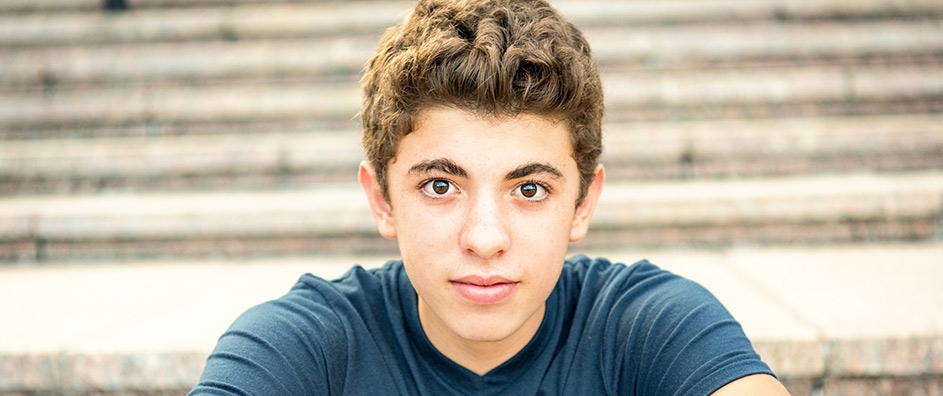






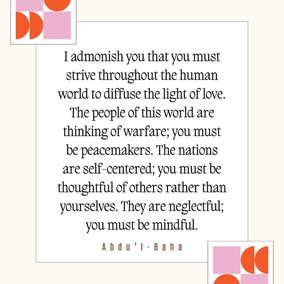
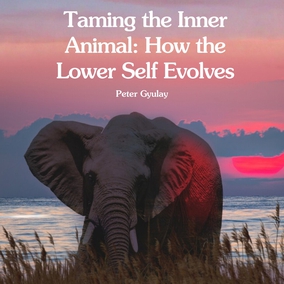
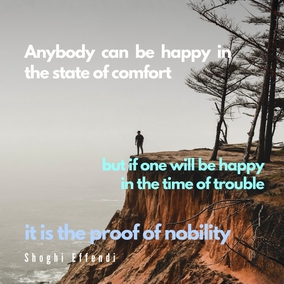
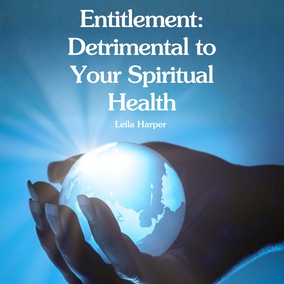
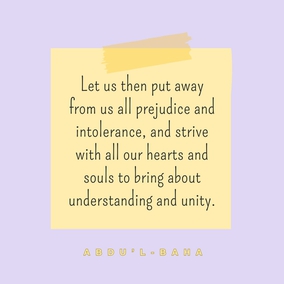


Comments
Sign in or create an account
Continue with Googleor